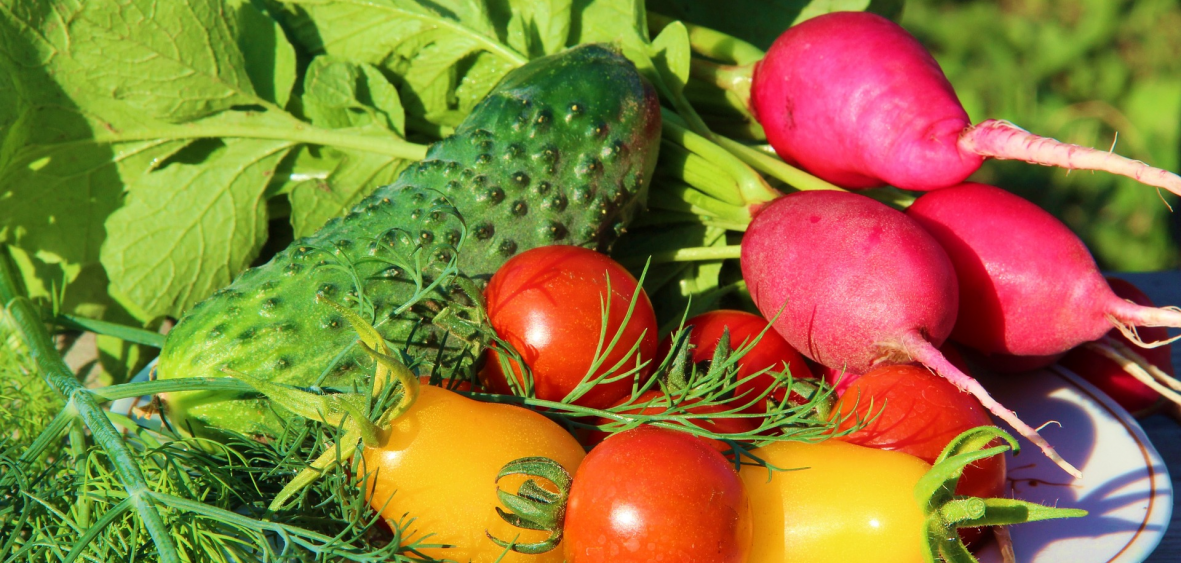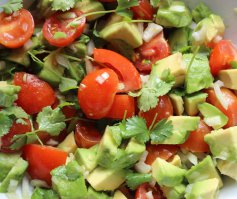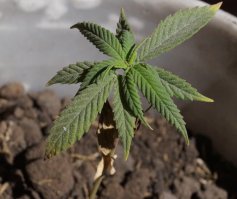 Daniel's Diet, also known as the Dąbrowski Diet or the fruit and vegetable diet, was developed by an internist and immunologist, Dr. Ewa Dąbrowska, MD. The diet was described by her in detail in the books "Body and Spirit to Save Nutrition" and "Restoring Health with Nutrition". Application of this diet should be preceded by getting acquainted with these items, today we will try to familiarize ourselves with the most important issues related to it.
Daniel's Diet, also known as the Dąbrowski Diet or the fruit and vegetable diet, was developed by an internist and immunologist, Dr. Ewa Dąbrowska, MD. The diet was described by her in detail in the books "Body and Spirit to Save Nutrition" and "Restoring Health with Nutrition". Application of this diet should be preceded by getting acquainted with these items, today we will try to familiarize ourselves with the most important issues related to it.
Amplifying character
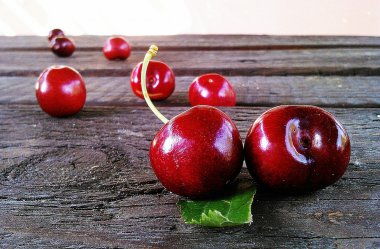 Periodically applied fasting has a beneficial effect on the body, prevents premature aging, allows to immunize the body against many diseases, especially those that are considered to be civilization diseases. Most of them are caused by an unhealthy diet, excessive overeating of highly processed products, sweetened, full of fat and salt.
Periodically applied fasting has a beneficial effect on the body, prevents premature aging, allows to immunize the body against many diseases, especially those that are considered to be civilization diseases. Most of them are caused by an unhealthy diet, excessive overeating of highly processed products, sweetened, full of fat and salt.
Fasting based on a fruit and vegetable diet is not harmful to the body, but the lack of fruit and vegetables in the daily menu may be harmful.
In what ailments can a fruit and vegetable diet help us?
According to the author of the diet, if we do not suffer from a congenital or genetic disease and if, as a result of this disease, there have not been irreversible changes in the body, it is very realistic to restore health precisely by limiting our food to fruit and vegetables, and then introducing a sensible diet.
Diet improves the body's immunity, thus it is possible to reduce frequent bacterial, viral, fungal, allergies, asthma, food intolerance, migraine, muscle pain, diseases caused by auto-aggression, including rheumatoid guest, Hashimoto thyroiditis, hepatitis, visceral rolling, "dry eye" syndrome and skin diseases (acne, psoriasis, skin porphyria, dry skin, eczema) and many other diseases.
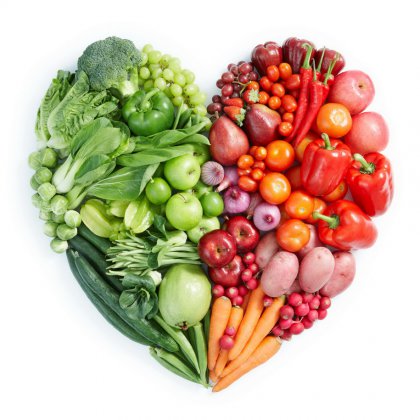
The use of the "Daniel's diet" also improves the condition of patients with epilepsy, the condition after ischemic strokes of the brain, helps in memory disorders, neurosis, stimulation, Parkinson's disease, multiple sclerosis.
Among women, it may be very helpful to switch to a fruit and vegetable diet in case of menstrual disorders, climatic disorders, hypothyroidism, thyroid nodules, high prolactin, excess estrogens, ovarian cysts, infertility, habitual miscarriages.
Another group of people who should consider using this diet are those suffering from obesity, hypertension, type II diabetes, coronary heart disease, people with overgrown by-pass, thrombosis, swelling.
A fruit and vegetable diet can help with osteoarthritis, periodontosis, cataracts, varicose veins, gastric ulcers, polyps.
Contraindications
The use of each post may be subject to certain restrictions. Although Daniel's diet does not have many contraindications, those who follow it should refrain from using it:
- suffer from dietary anxiety, which is difficult to control,
- pregnant and breastfeeding women,
- children and girls in adolescence,
- persons taking immunosuppressive drugs (steroid hormones, cytostats),
- suffering from Adison's disease,
- persons suffering from debilitating diseases (extreme organ failure, advanced cancer),
- patients with hyperthyroidism and other diseases related to accelerated metabolism,
- persons after organ transplantation,
- suffering from severe depression.
It is important to take medicines on a permanent basis. If somebody continuously takes pharmaceuticals, the diet should be applied under the supervision of a physician. Daniel's diet requires a reduction in the number of medicines as health improves, but such a decision should not be made arbitrarily.
What is Daniel's diet?
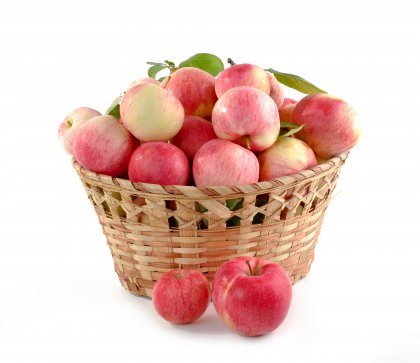 The whole treatment consists of a fasting stage and a fully-fledged diet. The first part of the menu consists of selected fruits and vegetables, in the second part - meals are gradually diversified with whole grains, seeds, nuts, fish, oil, low-processed dairy products.
The whole treatment consists of a fasting stage and a fully-fledged diet. The first part of the menu consists of selected fruits and vegetables, in the second part - meals are gradually diversified with whole grains, seeds, nuts, fish, oil, low-processed dairy products.
Fasting lasts from a few days to 6 weeks. Such a period is considered to be safe for the organism. We can also use fasting throughout the year, e.g. once a week, twice a week, every second day, 6 weeks a year, 1 week a month, twice a year for 6 weeks.
In order for a diet to make sense, care should be taken to take healthy foods (limiting the consumption of meat, sugar, white flour, refined fats and highly processed foods).
Vegetables predominate in the diet. Fruits are limited to symbolic amounts, making sure that they are not too sweet. Apples (approx. 1 day), grapefruit, lemons and small quantities of berries are allowed.
Vegetables are eaten raw or cooked, it is important that they have a low starch content and a low glycemic index. We have a choice of vegetables:
- root (carrots, beetroots, celery, parsley, horseradish, turnips, radishes)
- Brassica (various types of cabbage, cauliflower, broccoli, side choy, kale, pecking, rocket, kohlrabi)
- leafy - any kind (various types of lettuces, spinach, botvin's, celery, parsley, dandelion, nettle, sorrel, lucerne or broccoli sprouts, wheat grass, leafy herbs such as basil, mint, coriander, etc.)
- onions (different types of onions, chives, leek, garlic)
- cucurbits (pumpkins, courgettes, squash, cucumbers)
- Solanacea (tomatoes, peppers)
A fruit and vegetable diet does not have to be monotonous. With a bit of inventiveness we will prepare salads, salads, salads, cocktails, ice cream, squeezed juices. We will prepare delicious vegetable stews, bigos and other delicious fat-free dishes. When preparing them, remember to limit salt, the taste can be emphasized by pepper and herbs, lemon juice or garlic.
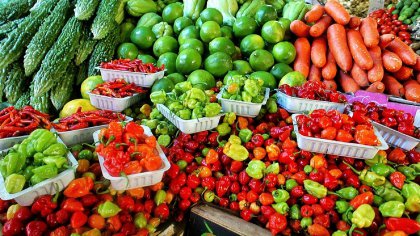
The diet should not contain potatoes, legumes, bread, sugar (in any form - including honey), milk and dairy products, meat or fish, fats or vegetable or animal fats, cereals (groats, flakes, etc.), nuts and seeds, coffee and strong tea and alcohol.
The enrichment stage of the menu begins with fruit and vegetables previously excluded, such as potatoes. Then we add groats, wholemeal bread, olive oil, and finally zoos such as butter, yoghurt, fish, rural poultry and eggs.

